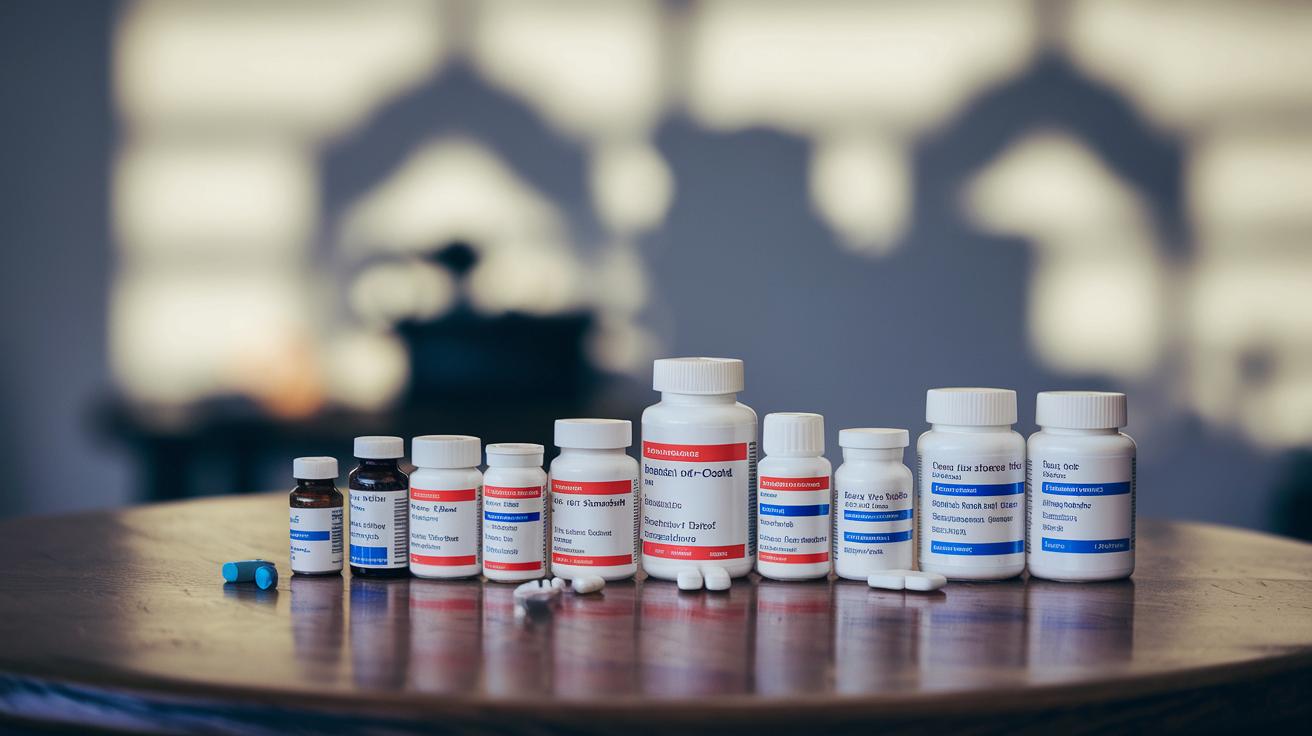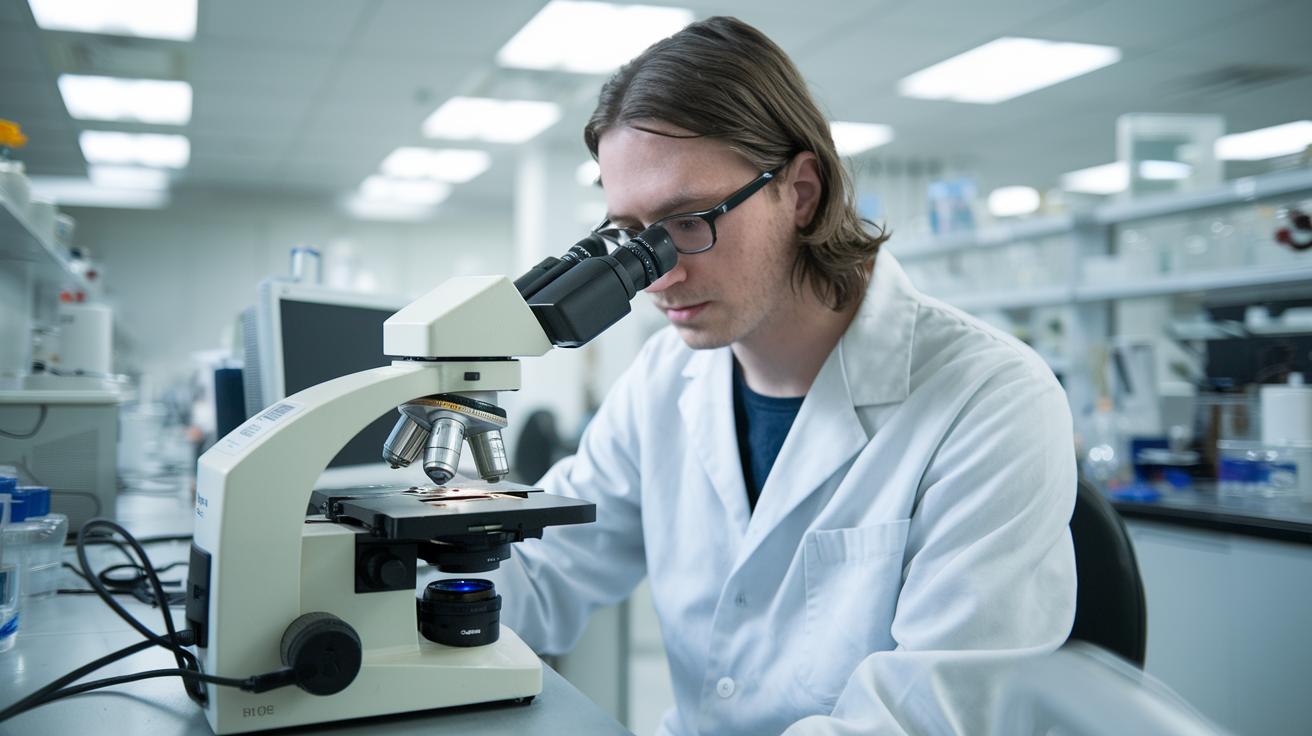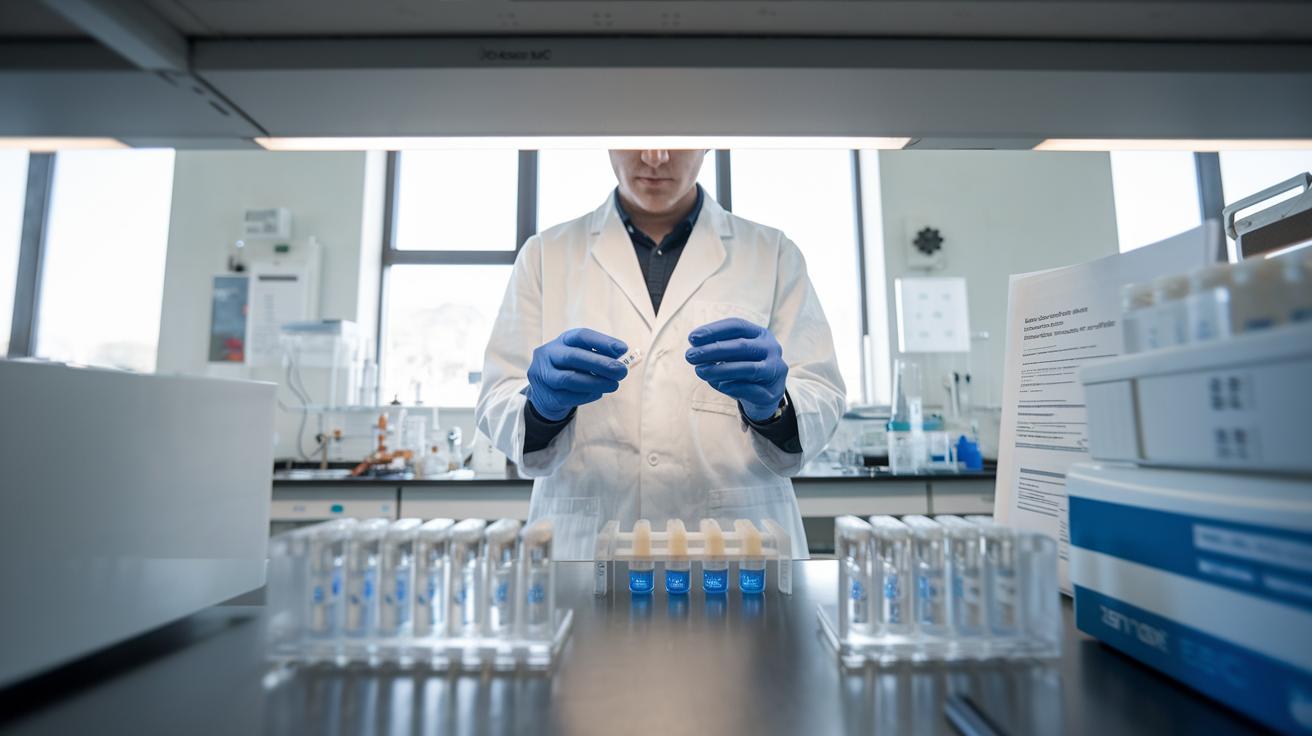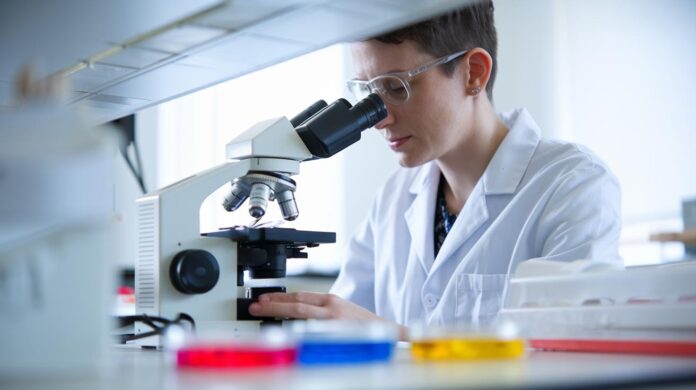Can science finally offer hope for a herpes cure, or are we stuck with managing the symptoms indefinitely? As new scientific advancements push the boundaries of traditional treatment methods, promising breakthroughs hint at potential cures on the horizon. This article examines the current treatments and innovative research strategies focused on treating and possibly eradicating herpes. Readers will explore how traditional antiviral medications are instrumental in managing this lifelong infection while delving into cutting-edge studies, including groundbreaking gene therapy approaches, that could redefine herpes management and treatment options in the near future.
Current Treatments and Management Strategies for Herpes

Herpes, resulting from the herpes simplex virus (HSV), presents as a lifelong condition characterized by cyclical periods of outbreaks and remission. The chronic nature of herpes necessitates effective management strategies to alleviate symptoms and limit the frequency of flare-ups. Antiviral medications play a pivotal role in herpes management by targeting the replication of the virus, thus reducing the severity and duration of outbreaks. These medications do not cure herpes but are instrumental in controlling symptoms and enhancing the quality of life for those affected. Regular use of antivirals can significantly decrease the occurrence of symptomatic episodes, providing a semblance of normalcy for individuals dealing with this persistent infection.
Antiviral treatments also serve as a critical measure in minimizing the risk of transmission. Herpes can be transmitted even in the absence of visible symptoms, making it imperative to control viral shedding. By inhibiting viral replication, these medications diminish the likelihood of spreading the virus to others. This is particularly important for individuals in intimate relationships where the risk of asymptomatic transmission is heightened. While existing treatments do not eradicate the virus, they offer a viable approach to managing its impact and curbing its spread within populations.
- Acyclovir
- Valacyclovir
- Famciclovir
- Penciclovir
- Docosanol
Innovative and Experimental Herpes Cure Research

Recent advancements in herpes research are centered around developing a cure for the herpes simplex virus (HSV), with promising experimental approaches under investigation. The scientific community has made significant strides in understanding the virus's biology and exploring innovative treatment strategies. Among these developments, gene therapy and other experimental treatments are at the forefront, demonstrating potential in both preclinical and clinical settings. The quest for a definitive cure remains a top priority, driven by the need to transition successful laboratory results into effective human treatments.
Gene Therapy for Herpes
Gene therapy represents a cutting-edge approach in the pursuit of a herpes cure. A notable example is the 2020 study utilizing adeno-associated virus (AAV)-delivered meganucleases, which successfully eliminated 90% of latent virus loads in mice. This technique targets the viral DNA within nerve cells, where HSV typically resides in a dormant state. By precisely cutting and disabling the viral genome, this strategy aims to reduce the viral reservoir and potentially eradicate the infection. The success in animal models marks a critical step toward human application, though challenges such as targeting specificity and delivery mechanisms must be addressed before clinical trials can commence.
Other Experimental Treatments
Beyond gene therapy, various experimental strategies are being explored, including antiviral drug development and immunotherapy. Novel compounds are being synthesized to inhibit viral replication more effectively, while immunotherapeutic approaches focus on enhancing the body's immune response to clear the virus. Despite the promise of these treatments, transitioning from experimental phases to human trials poses significant challenges. Ensuring treatment safety and efficacy is paramount to avoid adverse outcomes that could impede progress. Rigorous testing and validation are required to establish these therapies as viable options for herpes eradication.
- 2020 study success in mice
- Focus on clinical trial progression
- Importance of ensuring treatment safety
- Potential for significant breakthroughs
Natural and Alternative Remedies for Herpes Symptoms

Natural remedies offer an adjunctive approach to managing herpes symptoms, providing relief and potentially reducing the frequency of outbreaks. While these remedies do not replace medical treatments, they can play a supportive role in alleviating discomfort and promoting quicker healing. Individuals often seek natural treatments to complement antiviral medications, aiming to enhance overall well-being during flare-ups. These remedies encompass a variety of approaches, from topical applications to dietary adjustments, each contributing to a holistic management strategy for herpes.
- Cool compress
- Zinc and vitamin C intake
- Lemon balm essential oil
- Aloe vera application
- Tea tree oil diluted with carrier oils
- Dietary changes to support immune health
Consultation with healthcare professionals is crucial before incorporating natural remedies into herpes management. While many of these treatments are generally safe, individual reactions can vary, and some remedies may interact with prescribed medications or exacerbate symptoms. For instance, essential oils such as tea tree and lemon balm require dilution with carrier oils to avoid skin irritation. Additionally, zinc and vitamin C supplements should be used judiciously to prevent potential side effects. Professional guidance ensures that natural remedies are used safely and effectively, tailored to individual health needs and conditions. This approach not only enhances the efficacy of the remedies but also safeguards against unintended adverse effects, fostering a balanced and informed strategy for managing herpes symptoms.
Upcoming Herpes Vaccine Developments and Their Potential Impact

Scientific advancements in herpes vaccine development are progressing, with several candidates currently undergoing trials. The potential link between the herpes simplex virus and Alzheimer's disease has intensified research efforts, emphasizing the need for an effective vaccine. Current studies are focusing on eliciting robust immune responses to prevent both HSV-1 and HSV-2 infections. The BNT163 vaccine candidate, in Phase 1 trials, is designed to stimulate a targeted immune response, indicating promise in early-stage evaluations. Another promising development is a therapeutic vaccine in preclinical stages, aiming to reduce the frequency and severity of herpes outbreaks. These efforts highlight the scientific community's commitment to advancing towards a viable vaccine solution.
The potential global impact of a herpes vaccine is substantial, given the prevalence of HSV infections worldwide. A successful vaccine could drastically reduce transmission rates and alleviate the social and emotional burdens associated with herpes. However, challenges in vaccine distribution remain, particularly in ensuring accessibility across diverse populations. Addressing logistical issues, such as cold chain requirements and equitable distribution, is crucial to maximize public health benefits. The HSV-2 candidate, currently in Phase 2 trials, holds the promise of preventing transmission and thereby reducing the global incidence of genital herpes. Overcoming these challenges requires concerted efforts from governments, healthcare providers, and pharmaceutical companies to ensure that vaccines reach those in need.
|Vaccine Candidate|Stage|Potential Impact|
|—————–|—–|—————|
|BNT163|Phase 1|Potential immune response|
|Therapeutic Vaccine|Preclinical|Could reduce outbreaks|
|HSV-2 Candidate|Phase 2|May prevent transmission|
Social and Emotional Dimensions of Living with Herpes

What is the emotional impact of living with herpes? The primary emotional burden stems from the stigma associated with herpes, which often leads to feelings of isolation and anxiety. The lifelong nature of the infection, characterized by recurrent outbreaks and periods of remission, exacerbates these feelings. Despite being a common condition, societal misconceptions contribute to individuals experiencing shame and reluctance to disclose their status. This can negatively affect self-esteem and interpersonal relationships, creating significant emotional distress.
Why is public awareness and support important for those affected by herpes? Increasing public awareness can help dismantle the stigma surrounding herpes, fostering a more supportive environment for individuals living with the condition. Awareness campaigns and educational programs can dispel myths and encourage empathy, reducing the social isolation experienced by many. Support systems, including healthcare providers and peer networks, play a crucial role in offering emotional assistance and practical advice, empowering individuals to manage their condition more effectively.
- Join support groups
- Educate yourself and others
- Practice open communication with partners
Final Words
In the exploration of herpes management and cure, current antiviral medications play a pivotal role in symptom reduction and transmission control. As researchers advance, groundbreaking experimental approaches like gene therapy show promise in offering a potential herpes cure. Alongside these medical treatments, natural remedies present complementary options for symptom management.
Vaccine development continues to make strides, with the potential to significantly reduce future outbreaks and transmission rates. Amidst these scientific and medical developments, the social and emotional aspects of living with herpes remain crucial, highlighting the need for increased public awareness and support.
Advancements in these areas foster hope for better management and possibly an eventual cure for herpes.
FAQ
Q: Is herpes curable?
A: Herpes is not curable. While treatments can manage symptoms and reduce transmission risk, the virus remains in the body indefinitely.
Q: Can I kiss my girlfriend if she has herpes?
A: Avoid kissing if she has active sores, as herpes can be transmitted. Viral shedding can occur, increasing transmission risk even when symptoms are absent.
Q: What are the triggers for herpes?
A: Herpes outbreaks can be triggered by factors such as stress, illness, fatigue, sun exposure, and hormonal changes. Identification and management of these triggers can help reduce outbreak frequency.
Q: Can I have a normal life after herpes?
A: Living with herpes is manageable. Individuals can lead normal lives by effectively managing symptoms, maintaining healthy relationships, and using appropriate treatments to reduce outbreaks and transmission risk.


